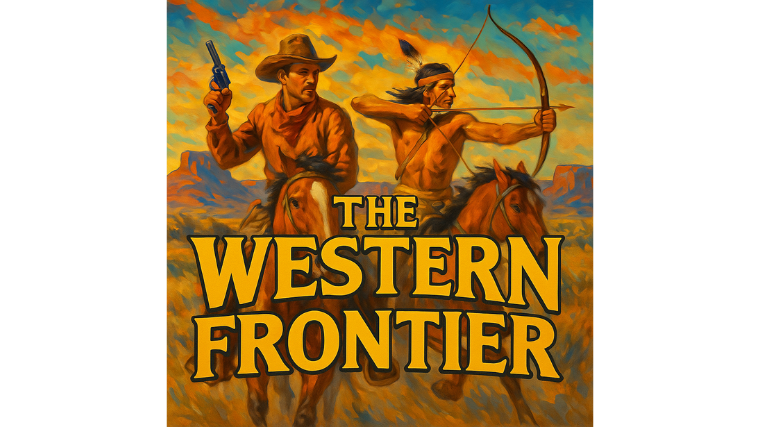| Rank | School | Location |
|---|---|---|
| 1 | Schreiner University | Kerrville, Texas |
| 2 | The University of Texas at Dallas | Richardson, Texas |
| 3 | University of New Mexico-Main Campus | Albuquerque, New Mexico |
| 4 | University of California-Berkeley | Berkeley, California |
| 5 | Angelo State University | San Angelo, Texas |
| 6 | Fort Hays State University | Hays, Kansas |
| 7 | Ball State University | Muncie, Indiana |
| 8 | The University of Texas at San Antonio | San Antonio, Texas |
There are classes that teach the history of the Western Frontier in college. We have researched and collected these schools into a list.
This article is not a ranking, it is just designed to be informative on which schools offer instruction on the history of the Western Frontier in colleges and universities.
The Western Frontier was a westwardly moving boundary from the earliest days of settlers, starting in the 1620's and lasting through the 1890's, when the U.S. Census deemed the Western Frontier over.
The history of this era is part of the American ethos, and has left an indelible impression on the popular imagination, from the Texas Rangers fighting the Comanches and Kiowa, to General Custer's defeat at the Battle of Little Bighorn.
Going back far enough in time, these classes can span the first Europeans to touch the North American continent, such as Cabeza de Vaca in the 1500's. Cabeza de Vaca (which translates to "head of a cow"), left Spain with 600 guys, and their numbers dwindled to just four survivors: Álvar Núñez Cabeza de Vaca, an African slave named Estevanico, Alonso del Castillo Maldonado, and Andrés Dorantes de Carranza. They wandered through the wilderness for eight years, completely at the mercy of the Natives until reconnecting with the Spanish one day.
These Western Frontier history classes are taken within broader History programs, and most are within undergraduate studies. There is not a single degree program focused on the Western Frontier that we are aware.
| College | Course Code & Title | Level | Focus Highlights |
|---|---|---|---|
| Schreiner University | Texas Studies Minor | Undergraduate | Texas history |
| University of New Mexico | Multiple Classes | Undergrad and Graduate | Native American and American Western history |
| UC Berkeley | HISTORY 192A – Frontier History | Undergraduate | Global frontiers including U.S. |
| UT Dallas | HIST 3365 – The American West | Undergraduate | U.S. West history survey |
| Angelo State Univ. | HIST 4302 – The American West | Upper-Division | Trans-Mississippi Washington era |
| Fort Hays State Univ. | HIST 635 – The American West | Undergraduate | Politics, culture, expansion |
| Fort Hays State | HIST 636 – The American Southwest | Undergraduate | Regional Southwest history |
| Ball State Univ. | HIST 425 – Topics in American West | Undergraduate Elective | Specialized thematic studies |
| UTSA | HIS 5293 – The American West | Graduate | Historiography & cultural contact |
Where to Learn the History of the Western Frontier in College
Schreiner University
Kerrville, Texas
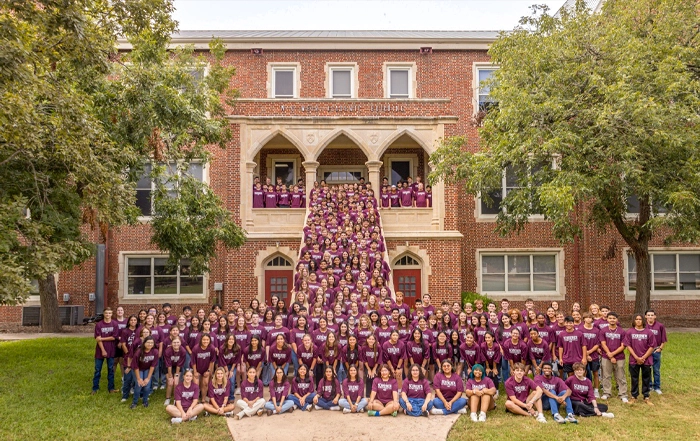
Schreiner University offers a minor in Texas Studies as an Interdisciplinary Minor.
SU officials say this is their first interdisciplinary minor with one required lower-division class, and seven areas of study from which students will choose five upper-division classes.
The upper-division courses will cover history, political structures, culture, literature and music, visual arts, natural sciences, economic and corporate development, and ethnic studies.
Hill Country Community Journal
Schreiner University is also home to the Texas Center, which preserves the rich history and legacy of Texas:
By 2050, there will be nearly twice as many Texans as there are today. What will these natives and newcomers know about this state? How will they feel about their inheritance? What is the story we will tell them? How will they find their place in this story?
At the Texas Center, we teach newcomers the history and culture they are inheriting. The incredible story they have chosen to become a part of.
Texas Center
The Texas Center has three main goals:
- Support Cultural Preservation
- Educate About Texas's Rich Heritage
- Showcase Texas's Global Impact
The University of Texas at Dallas
Richardson, Texas
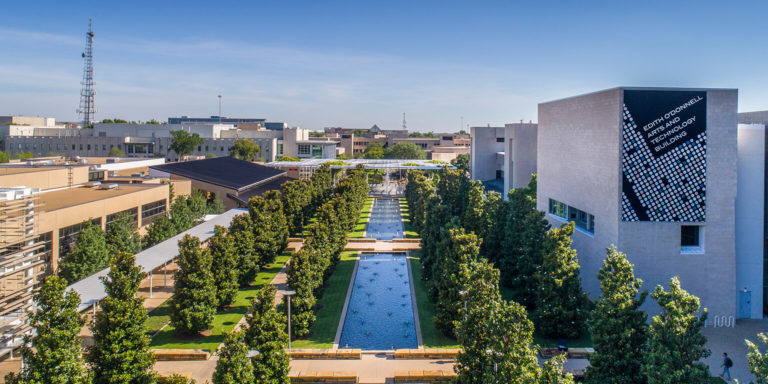
The University of Texas at Dallas offers an undergraduate class called The American West, which is 3 credit hours.
This course will survey the major political, economic, and cultural developments in the history of the American West from the Spanish Colonial period up to the present day. The course will touch on the key turning points in the region's history, focusing on the evolution of race and gender relations, the persistence and growth of ethnic and cultural minority groups, and the role of the federal government in the West's economic, political, and cultural development.
UT Dallas
University of New Mexico-Main Campus
Albuquerque, New Mexico
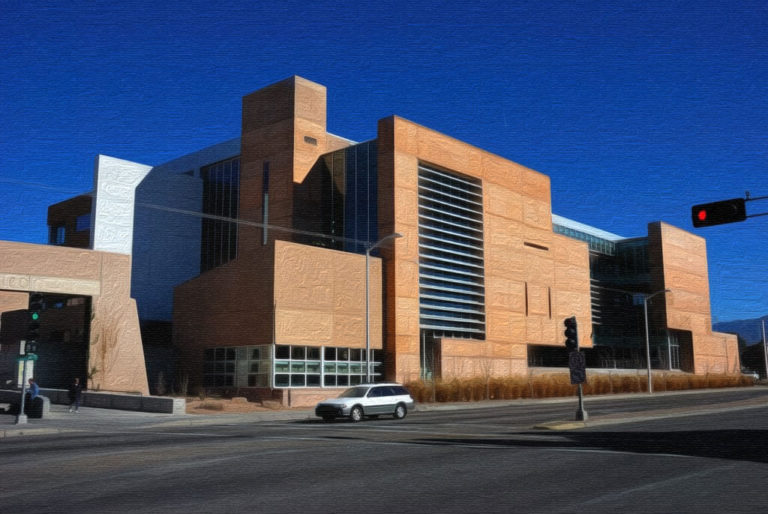
The University of New Mexico (UNM) has many unique classes for studying the people groups and history of the region, as well as the history of the Western Frontier, which include:
- The Trans-Mississippi West
- The Western Hero
- Seminar in American Western History
- Seminar in American Indian History
- Native America to 1850
- Native America, 1850 - 1940
- Native America since 1940
- Native American and Celtic History Since 1700
UNM also houses the Center for the Southwest, which is:
devoted to the study of the U.S. Southwest and its borderlands, linking scholars, students, and the public through scholarly initiatives, speaker series, workshops and colloquia, student mentorship, and community outreach.
Center for the Southwest
University of California-Berkeley
Berkeley, California
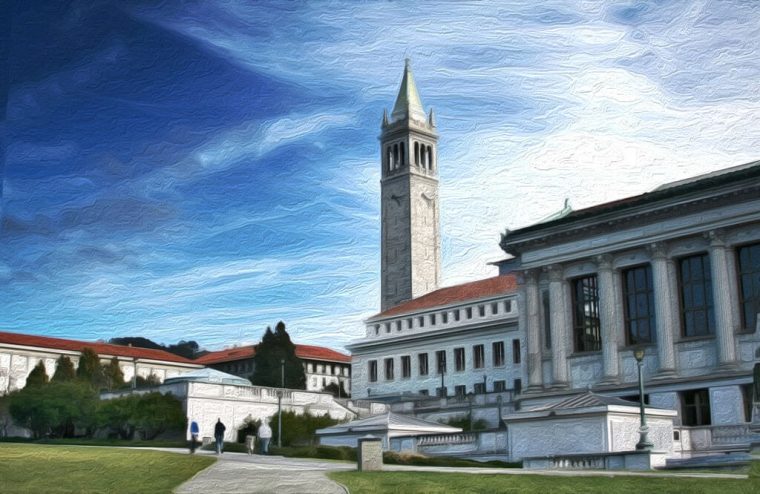
U.C. Berkeley offers a few classes that handle the history of the American Western Frontier:
Frontier History - History 192A:
This course offers a broad survey of the frontier in human history. From Hadrian's Wall and the Roman limites, to the American West in the 19th c., to contemporary Chinese jurisdictional claims in the South China Sea, borders and frontiers are universal phenomena. We will thus look at multiple times and places from multiple different perspectives. Topics will include territorialization as a historical process, borderland societies and regimes over time, legal pluralism, imperial expansion, non-state space, the ecology of the frontier, and the art and poetry of the frontier. The course will include lectures, in-class discussions, and student presentations.
UC Berkeley
Introduction to the History of the United States, from Settlement to Civil War, History 7A:
This course surveys the central ideas and events that shaped American history from the colonial period to the end of the Civil War era. Major issues to be covered in this course include the European colonization of the Americas; encounters and interactions among Africans, Europeans, and Native Americans; the formation of English colonies in North America; the development of American slavery; the origins and consequences of the American Revolution; the geographic, demographic, and economic expansion of antebellum America; Indian removal; the debate over slavery; and the Civil War and Reconstruction. Particular attention will be paid to the international dimensions of early American history, including comparisons between America and other regions, and the roles of race, ethnicity, class, gender, and religion in shaping the course of this history. In addition to expanding your knowledge of America’s past, this course will introduce you to the practice of history. Through reading and writing assignments, you will not only learn how historians analyze and interpret the past but also exercise it yourself.
UC Berkeley - American Studies
Angelo State University
San Angelo, Texas
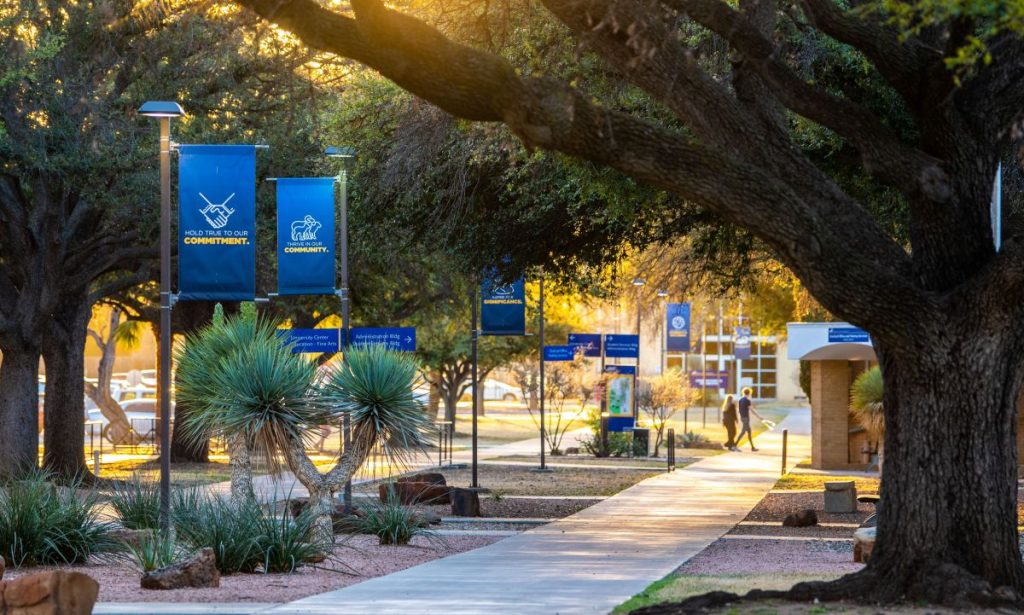
Angelo State University is with the Texas Tech University System. They offer the undergraduate history class 4302 which is called "The American West", and is worth 3 credits. It is described as:
[A] cultural history of America’s frontier experience, with special emphasis on the Trans-Mississippi West in the nineteenth century.
ASU
By the way, for anyone interested, San Angelo is also where Elmer Kelton is from, who was voted as the best writer of Westerns ever by the Western Writers of America. There is a bookstore in San Angelo called Cactus Book Shop, which specializes in Western and Americana books. The owner was friends with Elmer Kelton, and as such he has a lot of books signed by Elmer Kelton for sale (I have a signed copy of The Day The Cowboys Quit (sponsored) on my bookshelf that I bought from Cactus Book Shop).
Fort Hays State University
Hays, Kansas
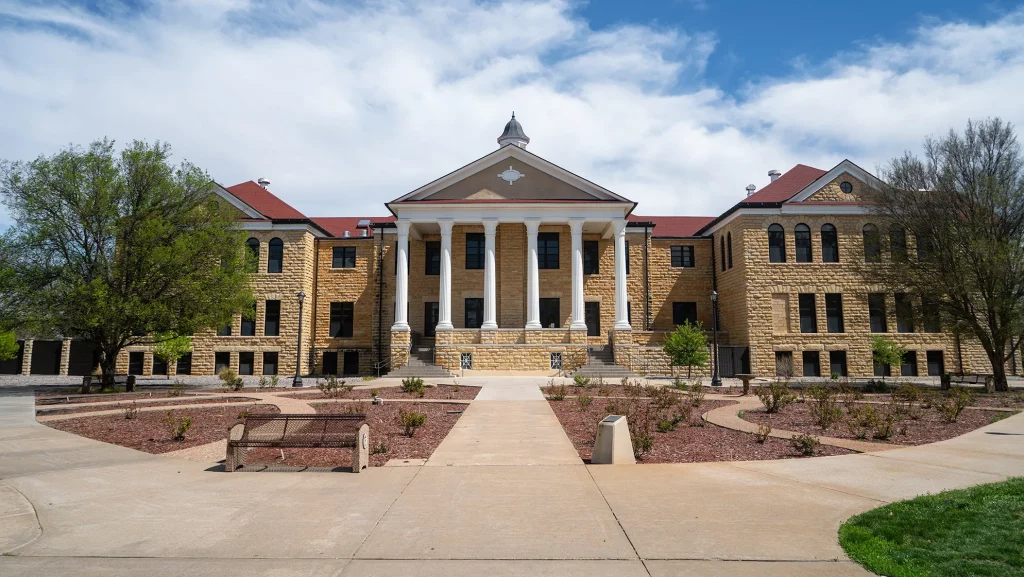
Fort Hays State University offers two undergraduate classes pertaining to the history of the Western Frontier (worth 3 credits each):
635 The American West - A study of the political, social, cultural, and economic impact of the Western experience and migration in American history.
636 The American Southwest - An examination of the contributions of Indians, Hispanics, and the United States to the political, economic, social, and cultural growth of the American Southwest.
Fort Hays State University
Ball State University
Muncie, Indiana
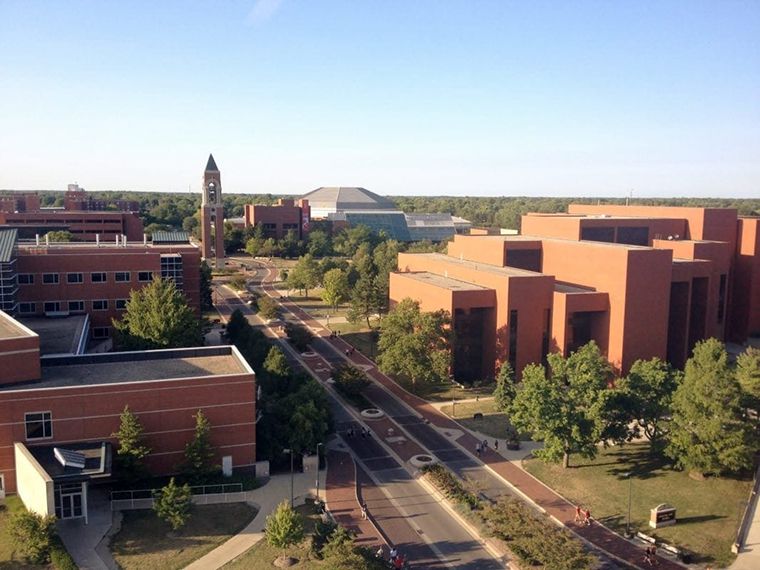
Ball State offers the undergraduate class History 425 - Topics in the History of the American West.
Examines in depth a particular aspect of the history of the American West, such as the region's Native peoples, frontier colonial experiences, exploration and expansion, environmental history, global connections, comparative frontiers, religious history, legacy of violence, the development of the mythic West, and public memory and commemoration in the West.
A total of 6 credits may be earned, but no more than 3 in any one semester or term.
Ball State University
The University of Texas at San Antonio
San Antonio, Texas
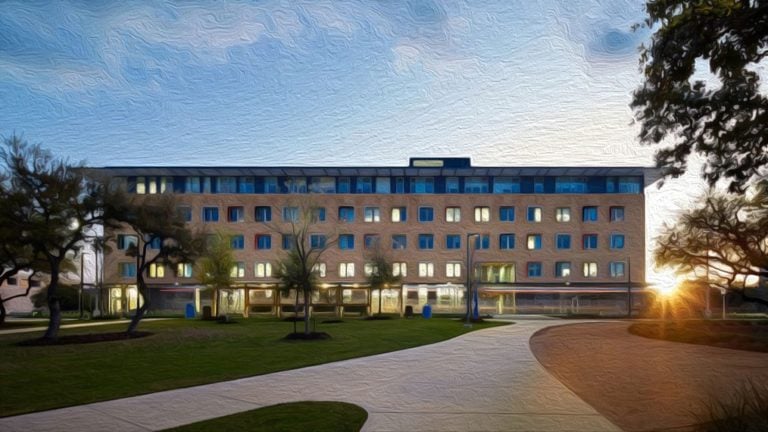
The University of Texas, San Antonio offers the graduate class HIS 5293 - The American West, which is worth 3 credit hours.
A broad historiographical overview focused on nineteenth and twentieth century westward expansion from the Louisiana Purchase in 1803 to the present. Zones of contact, the development of hybrid cultures, racial relations, the environment, and the role of the federal, state, and local governments in Western development are among the topics that may be covered in this course.
UTSA
Potential career fields with a degree in History:
| Job Title | Notes |
|---|---|
| Historian | Often requires a master’s or Ph.D.; work in museums, archives, or research institutions. |
| Writer | Writers of history, whether fictional or true, for online or magazine publications or for writing books. |
| History Teacher | K–12 with teaching credential; college-level with graduate degree. |
| Professor / Lecturer | Requires graduate-level credentials (usually a Ph.D.). |
| Curriculum Developer | Designs lesson plans and materials for schools and publishers. |
| Academic Advisor | Supports students in navigating their academic paths. |
| Job Title | Notes |
|---|---|
| Journalist / Reporter | Research and storytelling skills are important. |
| Editor / Content Writer | Especially for historical publications or educational media. |
| Technical Writer | Translate complex information clearly—often requires niche subject knowledge. |
| Documentary Producer | Research and scripting for historical films. |
| Podcaster / Blogger | Especially with historical or cultural content. |
More resources:
Notable Western Frontier Museums, Libraries, & Centers
1. Museum of Texas Tech University (Lubbock, TX)
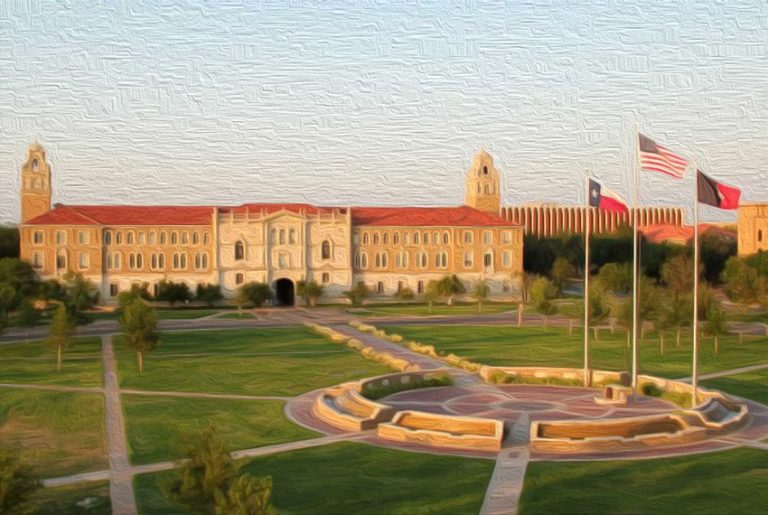
The Museum of Texas Tech University is a multidisciplinary museum with deep strengths in Western history, Indigenous cultures, ranching heritage, and paleontology. It’s affiliated with Texas Tech’s academic departments, making it a hands-on research resource for students studying history, anthropology, archaeology, and the American West.
- National Ranching Heritage Center (on campus): A 27-acre outdoor museum with historic ranch buildings from across the West.
- Collections & Archives: Extensive holdings in Plains Indian culture, frontier artifacts, and early settler life.
- Internships and Research: Students in history, museum studies, and public history programs can gain experience in exhibition design, curation, and interpretation.
- Academic Integration: Texas Tech offers a Museum Science and Heritage Management master’s program, rare in its direct integration with a major regional history museum.
2. The Texas Collection at Baylor University – Waco, Texas
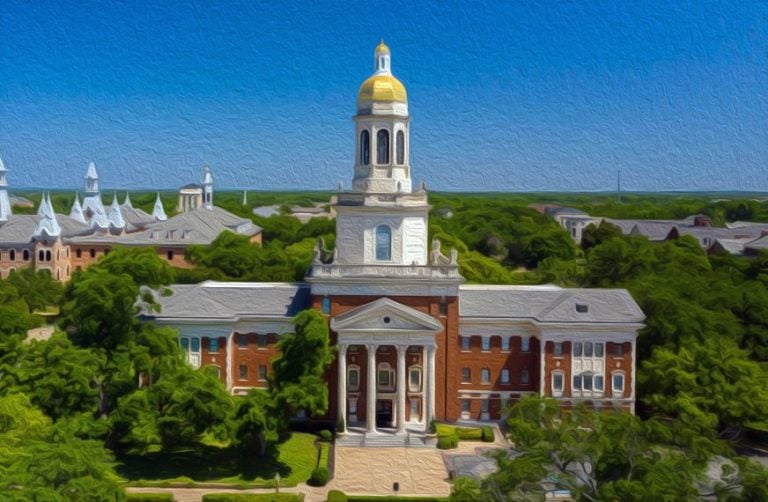
Baylor University has one of the most valuable libraries for studying Texas and Western frontier history:
Founded in 1923, The Texas Collection is a specialized library and archives located in Carroll Library at Baylor University, dedicated to preserving the history, culture, and people of Texas and the Southwest.
Baylor University has one of the most significant Texas heritage collections in the country, widely used by students, scholars, and authors researching frontier life, state politics, Indigenous relations, and settlement patterns and activities.
Highlights:
- Primary Sources: Includes 160,000+ rare books, maps, photographs, oral histories, newspapers, broadsides, and ephemera dating back to the Spanish Colonial period.
- Focus Areas:
- 19th-century Texas settlement and land grants
- Texas Rangers and military correspondence
- Native American relations and displacement
- Early Baptist missionary and frontier religious history
- Civil War and Reconstruction in Texas
- Special Collections:
- Personal papers of prominent Texas politicians, settlers, and pioneers
- Full runs of rare Texas newspapers
- Historical maps including Republic of Texas-era boundary surveys
Academic Benefits for Students:
- Research Access: Undergrads and grads can conduct primary source research for theses, dissertations, and coursework.
- Internships and Assistantships: Opportunities available for students in history, museum studies, or archival science.
- Digitized Archives: Many documents, including photograph collections and oral histories, are available online through Baylor’s digital collections portal.
- Classes & Fellowships: Faculty frequently integrate the Texas Collection into history seminars, public history practicums, and honors projects.
3. Buffalo Bill Center of the West – Cody, Wyoming
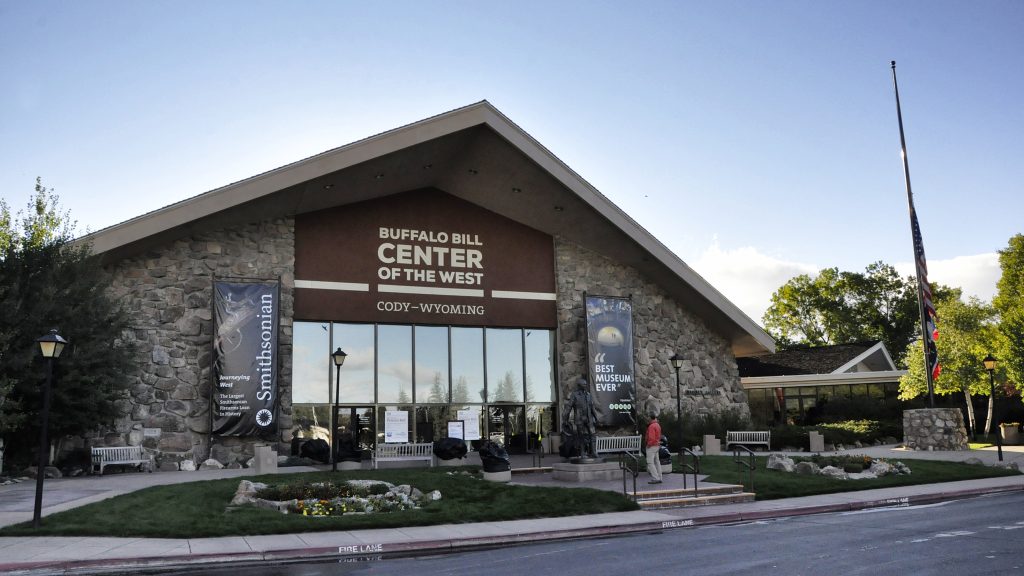
- A five-museum complex covering Western art, Native culture, firearms, and the life of Buffalo Bill.
- Great for students studying frontier myth vs. reality, Native relations, and Western expansion narratives.
- Hosts annual symposia, internships, and digitized archives for student research.
4. Autry Museum of the American West – Los Angeles, California
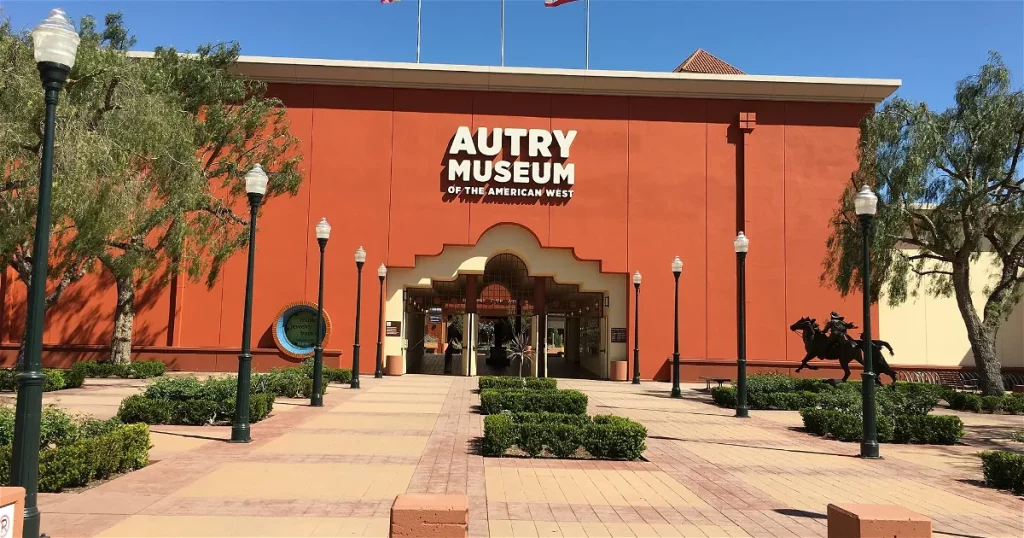
- Focuses on cultural storytelling of the West from Indigenous, Latino, and settler perspectives.
- Offers academic partnerships with local universities like UCLA and USC.
- Holds exhibitions on topics like Hollywood’s portrayal of the frontier, environmental history, and frontier women, for example.
5. Panhandle-Plains Historical Museum – Canyon, Texas (West Texas A&M University)
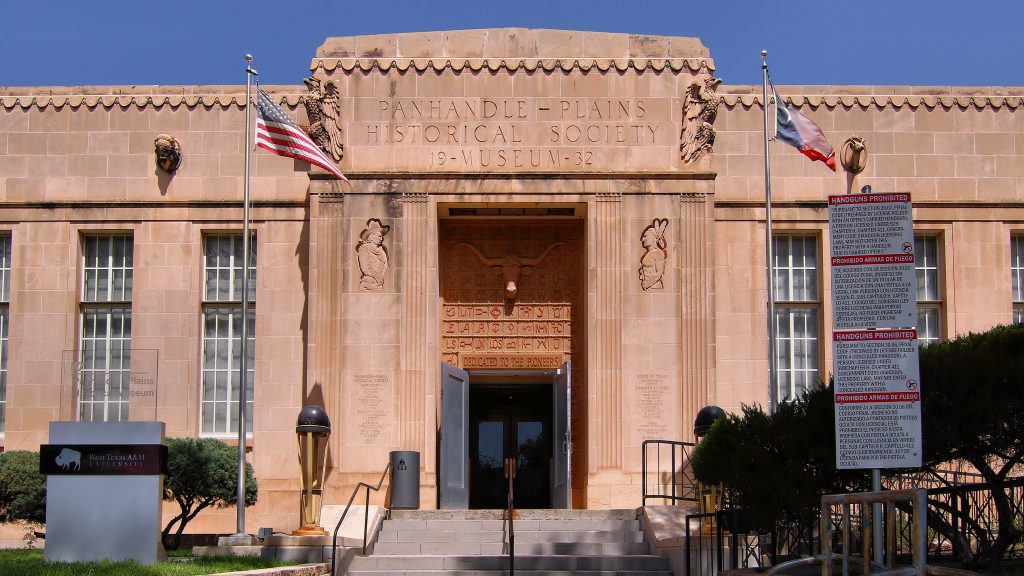
- The largest history museum in Texas.
- Preserves the history of the Panhandle region—including Native cultures, oil booms, and ranching life.
- Offers student jobs and internships, and integrates with West Texas A&M’s history and museum studies programs.
6. National Cowboy & Western Heritage Museum – Oklahoma City, Oklahoma
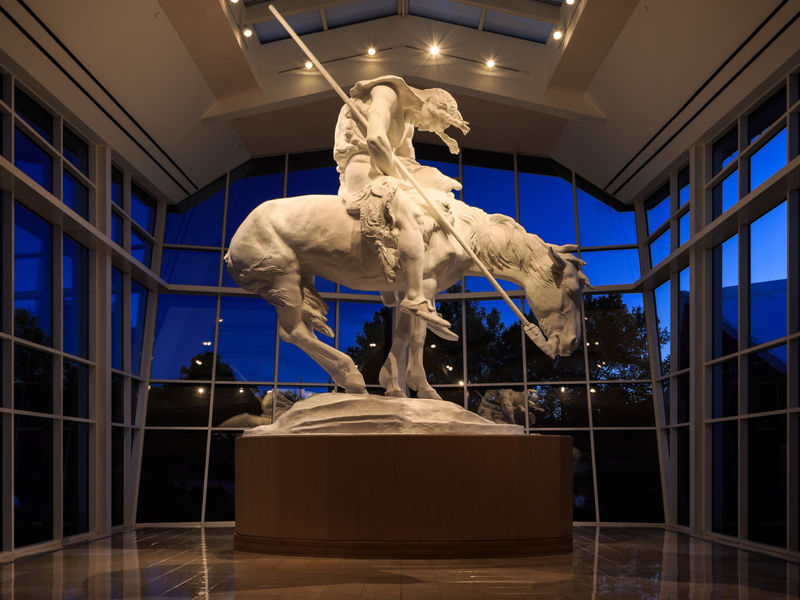
- Emphasizes art, frontier history, and cowboy life.
- Great for students interested in Western iconography, film studies, and cultural interpretation.
7. Western Heritage Center – Billings, Montana
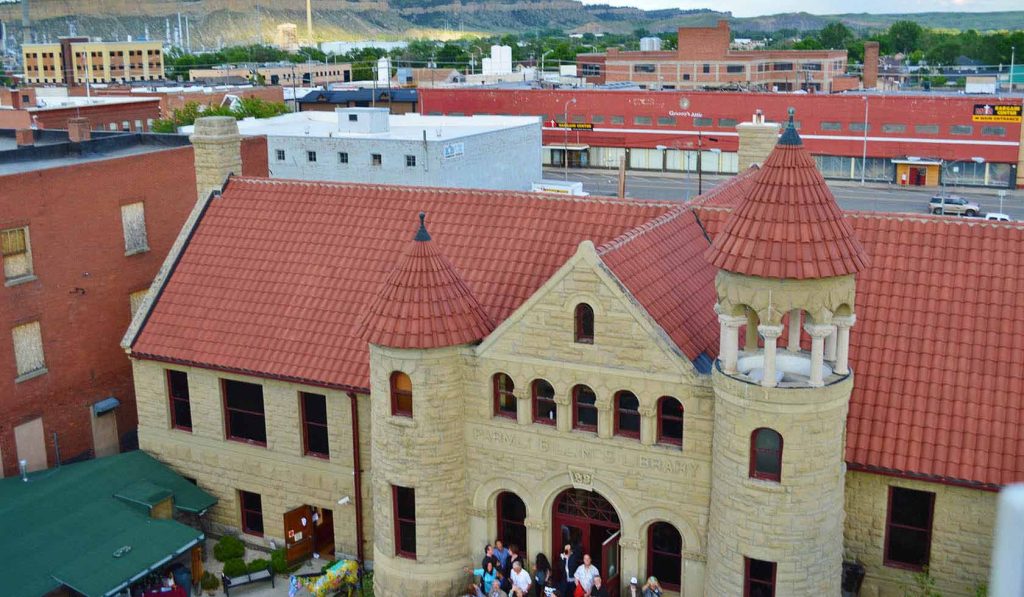
- Regional museum exploring the Yellowstone River Valley and Northern Plains.
- Offers oral history collections and partnerships with nearby colleges for student internships and fieldwork.
8. Heard Museum – Phoenix, Arizona
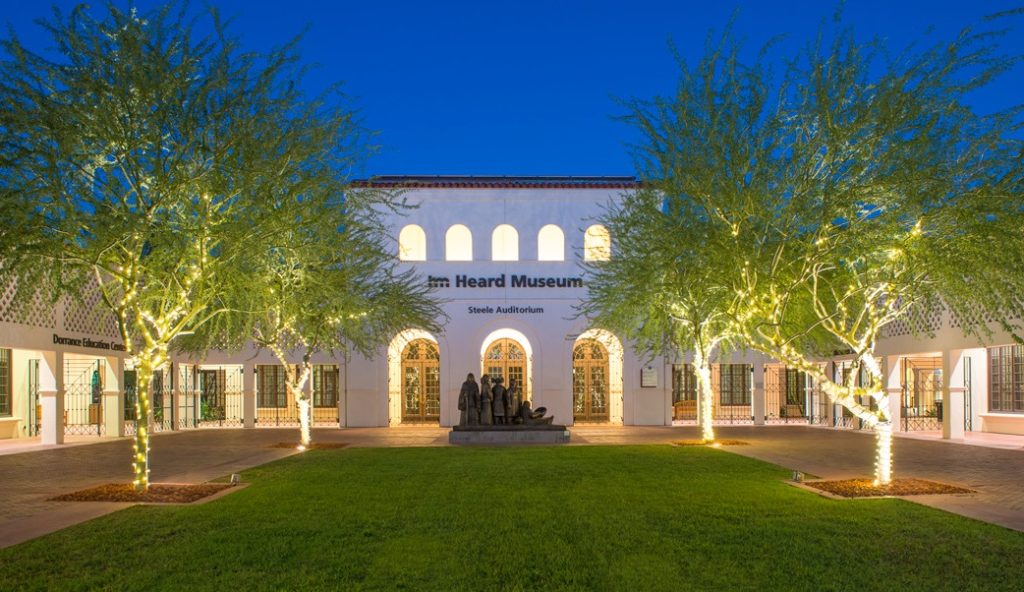
- Focused on Native American history and art, particularly Southwestern tribes.
- Valuable for students exploring Native perspectives on Western expansion and resistance.
- Offers fellowships, internships, and teaching workshops.
